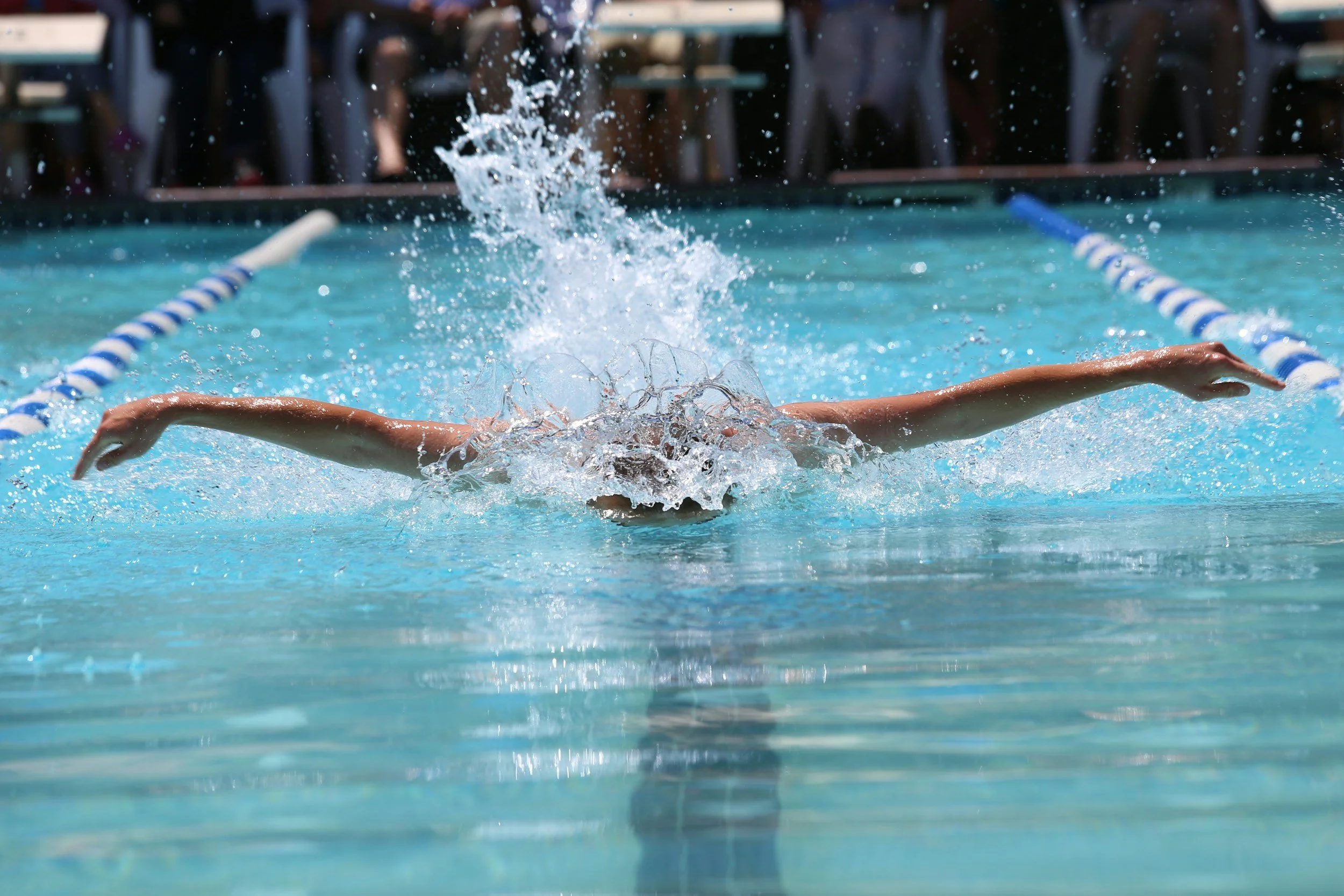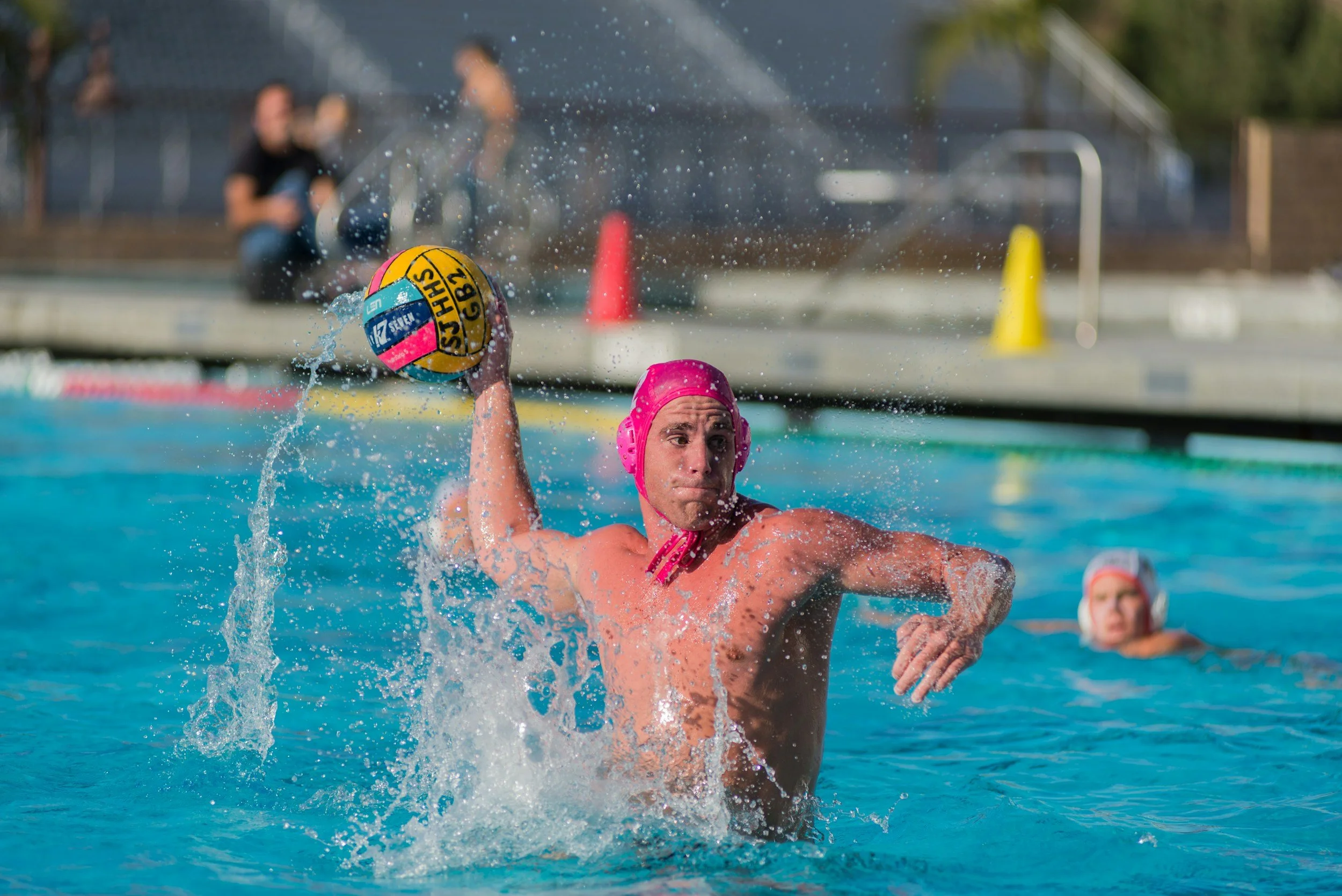Is Sport Specific Training Hurting Your Youth Athlete?
Do Young Athletes Need Sport-Specific Training? Here’s What Every Parent Should Know (Especially for Water Sports)
Your child lives in the pool. Or on the board. Or in the water. They’ve got talent, they’re dedicated, and you’re investing in their development — more practices, more private coaching, more sport-specific training.
But here’s the hard truth: doing more of the same thing doesn’t always make them better — and it can actually lead to overuse injuries, burnout, and stalled progress.
If you’re the parent of a water athlete, strength training off the field (or out of the pool) is one of the most important — and overlooked — pieces of the puzzle.
What Is Sport-Specific Training — and When Does It Go Too Far?
Sport-specific training means mimicking the movements of a sport to improve performance (e.g., swim drills, water polo passing, surfing pop-ups). It has value — but only when layered on a well-rounded foundation.
Too much sport-specific work, too soon = muscular imbalances, poor movement patterns, and increased injury risk.
Youth athletes are still growing. Their coordination, posture, and neuromuscular control are developing. They don’t need hyper-specialization — they need strength, balance, and durability.
Why Water Athletes Need Strength Training on Dry Land
Water sports are uniquely demanding:
Shoulders take a beating from repetitive overhead movement
Core strength is critical for power transfer
Hips and knees often get neglected due to low impact in the water
A smart strength program helps develop the supporting muscles and movement patterns that prevent overuse injuries and improve power.
Research Insight: A study in The Journal of Strength and Conditioning Research found that dry land strength training improved swim performance and reduced shoulder injuries in youth swimmers.
The Real Goal? Build Athletes First. Specialists Later.
The best youth athletic programs build complete athletes — not just better swimmers or surfers.
We’re talking:
Stability and strength through the joints
Full-body coordination
Injury resilience
Confidence in movement outside their sport
When that’s the base, sport-specific skills become easier to learn and safer to perform, allowing kids to stay in the game longer.
What to Look for in a Qualified Strength Coach
Not all training is created equal. A general group fitness class or random YouTube workout won’t cut it for youth athletes. Here’s what to look for:
✅ Certified coach with experience in youth development
✅ Focus on proper form, age-appropriate loading, and movement patterns
✅ Understands the physical demands of the athlete’s sport
✅ Communicates well with parents and sport coaches
✅ Prioritizes safety and long-term development over short-term performance
Bottom Line: Strength Training Isn’t Optional — It’s Essential
If your child is serious about their sport, strength training isn’t just a nice-to-have. It’s how you help them:
Perform better
Stay injury-free
Build a body that can keep up with the demands of their sport
Avoid burnout from doing the same motions over and over
Want to help your athlete build strength, prevent injury, and level up their performance — safely and effectively?
Schedule a youth performance consultation with one of our certified coaches today.


